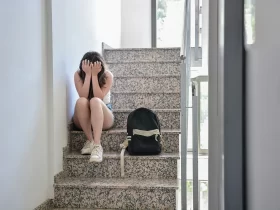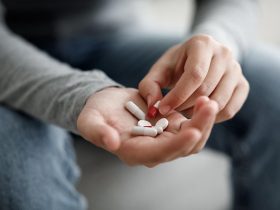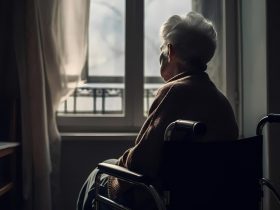Physical activity tied to fewer insomnia symptoms and extreme sleep durations, both long and short
By Lori Solomon HealthDay Reporter
THURSDAY, March 28, 2024 (HealthDay News) — Physically active people have a lower risk for some poor sleep outcomes, according to a study published online March 26 in BMJ Open.
Erla Bjornsdottir, Ph.D., from Reykjavik University in Iceland, and colleagues explored the relationship between physical activity during a 10-year period and current symptoms of insomnia, daytime sleepiness, and estimated sleep duration. The analysis included 4,339 adults (aged 39 to 67 years) participating in the European Community Respiratory Health Survey.
The researchers found that during follow-up, 37 percent of participants were persistently nonactive, 25 percent were persistently active, 20 percent became inactive, and 18 percent became active. Difficulties initiating sleep were less likely to be reported by participants who were persistently active versus those who were persistently nonactive (odds ratio, 0.60), as was a short sleep duration of no more than six hours/night (odds ratio, 0.71) and a long sleep duration of at least nine hours/night (odds ratio, 0.53), when adjusting for age, sex, body mass index, smoking history, and study center. There were no associations between daytime sleepiness or difficulties maintaining sleep and physical activity status.
“Our results are in line with previous studies that have shown the beneficial effect of physical activity on symptoms of insomnia, but the current study additionally shows the importance of consistency in exercising over time, because the association was lost for initially active subjects who became inactive,” the authors write.
Copyright © 2024 HealthDay. All rights reserved.







